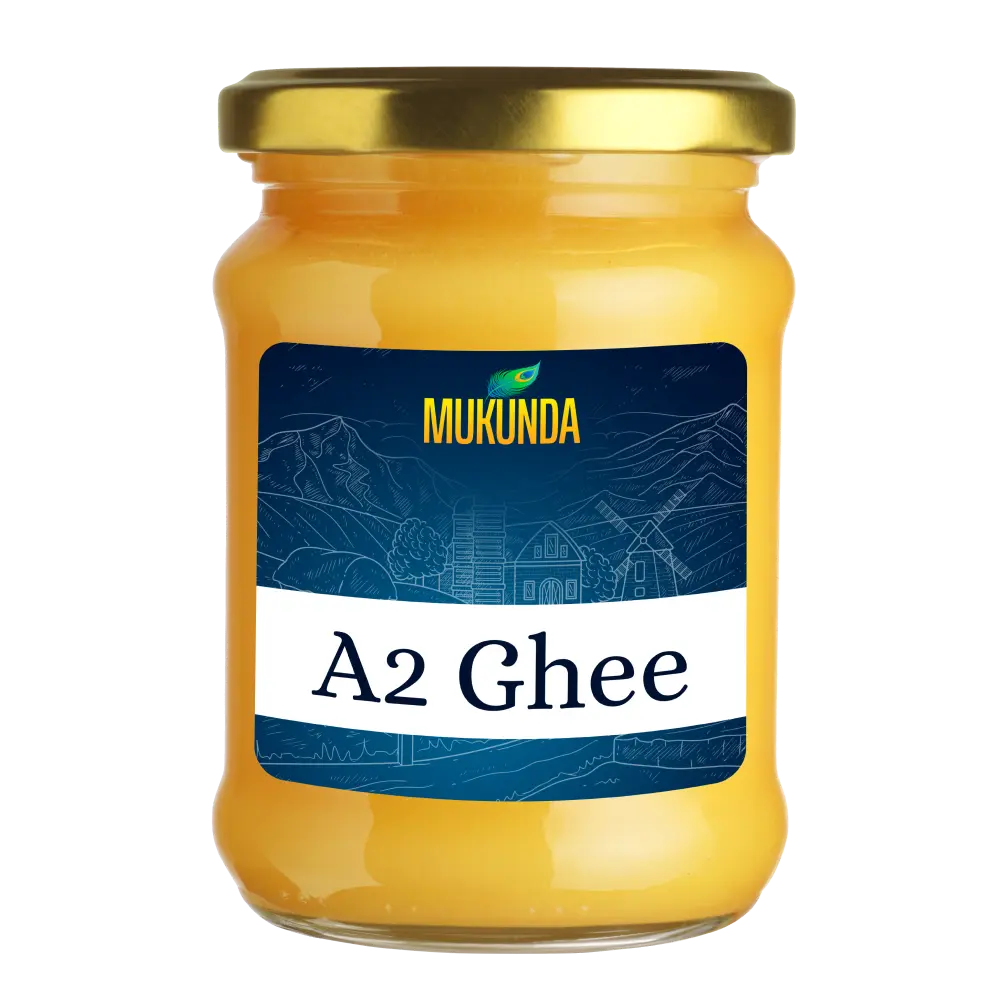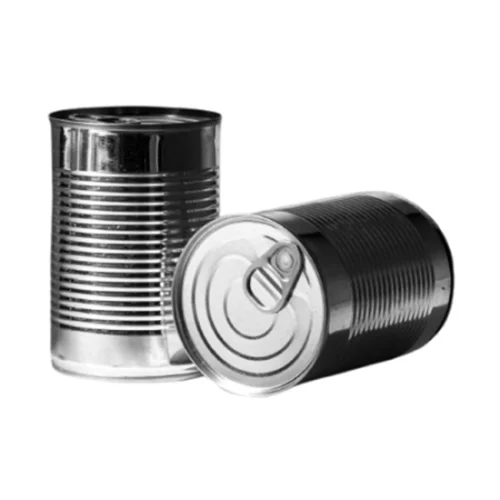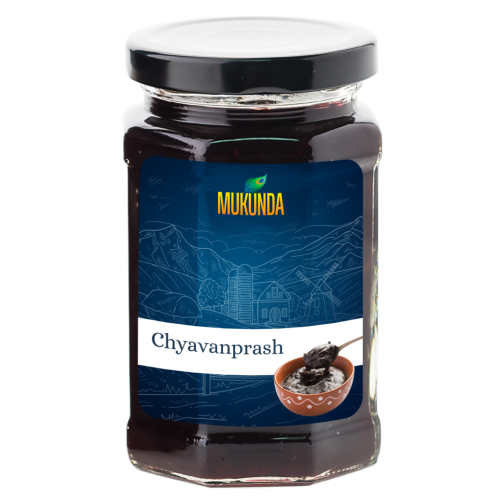Quality Control and Testing
Quality Control and Testing


Our Commitment to Quality
Heavy Metals Testing
We subject our herbs and products to testing for arsenic, cadmium, lead, and mercury through independent third-party laboratories. All our products adhere to the safety guidelines outlined by the American National Standards Institute/National Sanitation Foundation International Dietary Supplement Standard 173 (ANSI 173) and AHPA guidelines.

Microbiological Testing
- BAM (Bacteriological Analytical Manual) stands as the FDA’s preferred laboratory procedure for microbiological analyses of foods and cosmetics. It encompasses a set of procedures specifically designed for the detection of bacteria, viruses, parasites, yeast, mold, and microbial toxins.
- AOAC (Association of Official Analytical Communities) International assesses methods of analysis in the fields of chemistry, microbiology, and molecular biology.
- USP (United States Pharmacopeia) is an organization that establishes standards for public health and associated programs, aiming to ensure the quality, safety, and efficacy of medicines, supplements, and foods.
Identification Testing
Mukunda adheres to industry-accepted practices for the accurate identification of our herbs. This involves employing organoleptics, a method that encompasses the physical examination of herbs using the senses of sight, taste, smell, and touch, along with microscopic identification, which involves checking plant cell structures against pharmacopoeia standards. Additionally, we utilize High-Performance Thin-Layer Chromatography (HPTLC) to identify and verify that the herbs we use are indeed the correct species. Our team includes acknowledged experts in the field of Western and Ayurvedic herb identification



